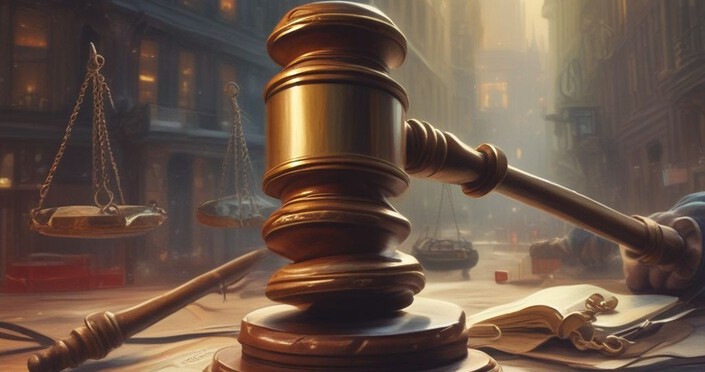Vicarious Liability Definition

Difference between traditional parental responsibility statutes and vicarious liability statutes
Vicarious liability is a situation where a person is held responsible for the actions or the omissions of another party. Writers who offer law essay help at Edudorm essay writing service notes that the statues on vicarious liability are founded on the relationship between parent and the child and they grew out of the anger, fear and the frustration of the public due to juvenile violence and the failure by the parent to control their children. On the other hand, statues on traditional parental responsibility are founded on acts and the omissions of the parent. Here, parent are not considered liable for their children’s acts but for their lack of controlling them adequately (Samaha, 2016).
Reasons for Vicarious Liability Statutes
The main reasons for the adoption of vicarious liability laws is to control the juvenile misbehavior by making their parents responsible for the actions of their actions. An analysis of tort and criminal cases reveals a rational, both explicit and implicit for the laws on parental liability. The reasoning is that if the parent is punished or threatened to be punished for the actions of their children, they will result to exercising better control over their children and thus eliminate or reduce the juvenile delinquency acts of the children (Samaha, 2016). Experts who offer law dissertation writing help at Edudorm essay writing service indicates that in addition there is presumption on the existence of a universal method of parenting that can generally be applied in spite of other factors such as ethnicity, race, culture, economic status, social class, or other socio-economic or personal factors. The assumption is that all parents are aware of what is adequate parenting and possess both resources and the ability to parent adequately. If they do not, then it is presumed that they must negligently or intentionally be avoiding to do what they can do and should be doing. Thus, ether criminal or civil punishment can be justified so as the parent can reform and then reform their child. Each state has enacted its laws on the financial responsibility of the parent or guardian for their children’s acts, such that the parent becomes vicariously liable even if they are not responsible directly. Thus the aim is to hold the parent or the guardian liable for any willful misconduct of a child which result in another person being injured or dying, for all the civil damages purposes. Thus the parent or guardian controlling or having custody of the child becomes severally and jointly liable with the child for the damages which may result from willful misconduct (Samaha, 2016).
Parental Responsibility Statutes or Vicarious Liability
The statutes on parental responsibility can function better than vicarious liability since the former focuses on the preventative measures while the later aims at punishment as a reactionary measure. Authors who offer legal case study help at Edudorm essay writing service points that emphasis on parental responsibility is bound to prevent more child crime since the underlying premise on these statutes is that most children are under the control of their parents but also acknowledges that a parent cannot fully be responsible for the acts of the child. The statutes instill a sense of responsibility in the parent such that they can be proactive in controlling a child’s behavior.
Child-Parent Relationship
On the other hand vicarious liability statutes are based on child-parent relationship but where such a relationship is absent means that liability is missing and any threat of criminal or civil liability by enforced by these statutes cannot serve to compel a parent to monitor the activities of the children (Omaszewski, 2005). Mentors who offer civil law case study help at Edudorm essay writing service recognizes that for example, if a neighborhood teen is known to be socially unfit and has been imprisoned severally for his misconduct, the parents could be charged for failure to control him. However, there could also be a possibility of the child being influenced by others such that the parents are unable to control him even after counselling. It would be injustice to hold such parents vicariously liable.
References
Omaszewski, A., L. (2005). From columbine to Kazaa: parental liability in a new world. 2005(1) 1-5.
Samaha, J. (2016). Criminal Law. 263-265.


